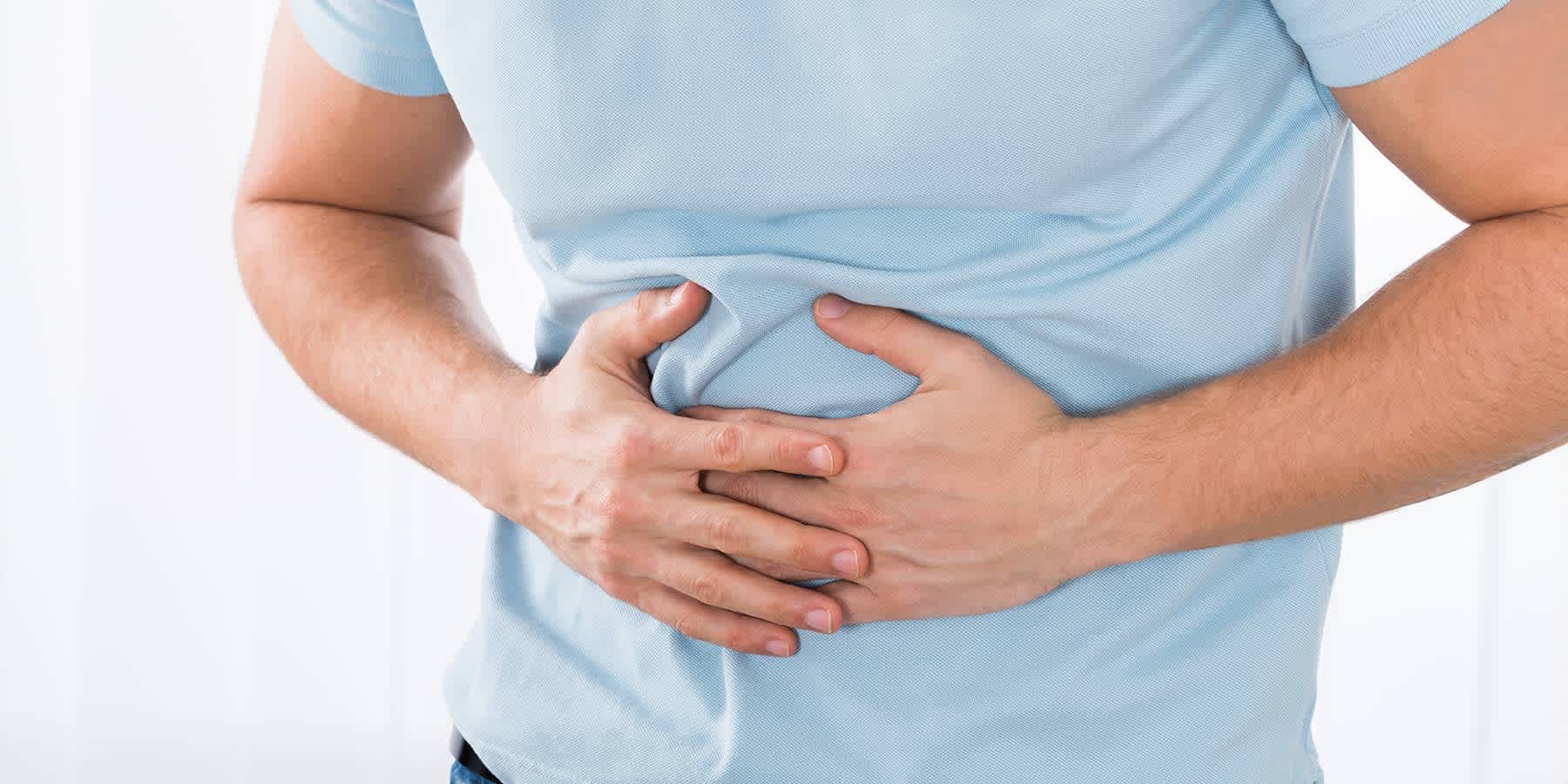
Bloating vs. Fat Mass
Written on January 22, 2024 by Jordan Stachel, MS, RDN, CPT. To give you technically accurate, evidence-based information, content published on the Everlywell blog is reviewed by credentialed professionals with expertise in medical and bioscience fields.
Table of contents
- What Is Bloating?
- What Is Fat Mass?
- How to Tell the Difference Between Bloating vs. Fat Mass
- Controlling Bloating and Optimizing Body Composition
- Support Your Physiological Health With Everlywell
- Related Content
Sometimes when people are on a weight loss or body re-composition journey, they tune in to how their body feels on a more micro level. This can include wondering if you are feeling bloated or if you have gained weight. Read this article for everything you need to know.
What Is Bloating?
Bloating is a general feeling of tightness or fullness that may be accompanied by a distention of the stomach. Bloating can range in severity and produce pain, gas, or abdominal sounds.[1] There are many causes of bloating, which can range from acute or temporary to more significant and longer lasting. Some of the common causes for bloating can include [1]:
- Chewing gum
- Eating too quickly
- Smoking
- Digestive conditions like irritable bowel syndrome or Crohn’s disease
- Stress
- Food intolerances
To address bloating, it is important to get to the root cause. To do this, it is recommended to consult a qualified healthcare provider. Bloating can be very uncomfortable to live with day-to-day, especially if it is a more chronic case, so seeking professional assistance if you are having persistent bloating is highly recommended.
What Is Fat Mass?
Body fat, or adipose tissue, is a type of connective tissue that all people have in their bodies.[2] It is found under the skin, between organs, and in the cavities of the bone. Body fat has many use cases and functions within the body, including [2]:
- Storage and release of energy
- Insulation
- Hormone balance
- Regulation of hunger and satiety levels
While people must have some adipose tissue in their bodies, the amount of adipose tissue that is healthy for each individual can vary. If you want to lose or gain fat mass, consult a qualified healthcare provider to help ensure that you do so safely and effectively. Striving to achieve a healthy level of adipose tissue for your body can help optimize your quality of life and general health outcomes.
How to Tell the Difference Between Bloating vs. Fat Mass
If you feel like your stomach has gotten larger, you may wonder how to distinguish this as either bloating or fat tissue. The good news is that there are significant differences between bloating and adipose tissue. Some of these differences include [3]:
- Appearance: If you are gaining fat, you will likely gain it in more than one area of the body. So, if the stomach is the only area in which you notice a difference, you may be experiencing bloating.
- Feeling: Bloating and fat tissue typically feel different to the touch. Bloating tends to make the stomach feel hard and tight, whereas adipose tissue is softer and squishier. Adipose tissue does not typically cause people pain, whereas bloating can feel more uncomfortable or painful.
- Duration: If you are experiencing bloating, it may pass, or come and go. While this may not be true in all instances, especially if you have a more chronic underlying reason causing your bloating, bloating commonly doesn’t persist at equal intensity all day, every day. Adipose tissue, however, will likely persist if diet and lifestyle habits remain static.
- Measurements: While bloating can feel very uncomfortable and make it seem as if you have gained weight, it does not typically cause actual weight or tissue gain. As such, if you choose to weigh yourself, you shouldn’t see a significant change in the scale if you are experiencing bloating. If you have gained adipose tissue, this leads to a measurable difference on a scale.
Controlling Bloating and Optimizing Body Composition
If you are noticing differences in your body composition or functioning, such as changes in digestive functions, you may feel like it is out of your control. If you want to improve bloating, a team of healthcare professionals can help you get to the root cause. This process may take time, but bloating is typically something that people can improve.
If you are looking to change your body composition through the goal of losing or gaining fat tissue, it is also important to work with a professional. Based on your unique health status, preferences, medical history, and lifestyle, a professional can help you identify tangible steps toward achieving your body composition goals.
Support Your Physiological Health With Everlywell
At Everlywell, we provide a range of at-home blood tests and services, including our weight management program, which offers access to helpful content, virtual clinician visits, periodic testing, and more. Take advantage of discreet, person-first healthcare solutions from Everlywell.
Related Content
What Is the Best Injection for Weight Loss?
References
- Bloating: causes and prevention tips. Johns Hopkins Medicine. Published September 20, 2021. Accessed January 15, 2024. https://www.hopkinsmedicine.org/health/wellness-and-prevention/bloating-causes-and-prevention-tips.
- Adipose tissue (Body fat). Cleveland Clinic. Last reviewed August 18, 2022. Accessed January 15, 2024. https://my.clevelandclinic.org/health/body/24052-adipose-tissue-body-fat.
- Lacy BE, Cangemi D, Vázquez-Roque MI. Management of chronic abdominal distension and bloating. Clinical Gastroenterology and Hepatology. 2021;19(2):219-231.e1. doi:10.1016/j.cgh.2020.03.056. Accessed January 15, 2024. https://www.cghjournal.org/article/S1542-3565(20)30433-X/fulltext.
Jordan Stachel, MS, RDN, CPT is most fulfilled when guiding others towards making stepwise, sustainable changes that add up to big results over time. Jordan works with a wide variety of individuals, ranging in age from children to the elderly, with an assortment of concerns and clinical conditions, and has written for publications such as Innerbody. She helps individuals optimize overall health and/or manage disease states using personalized medical nutrition therapy techniques.
